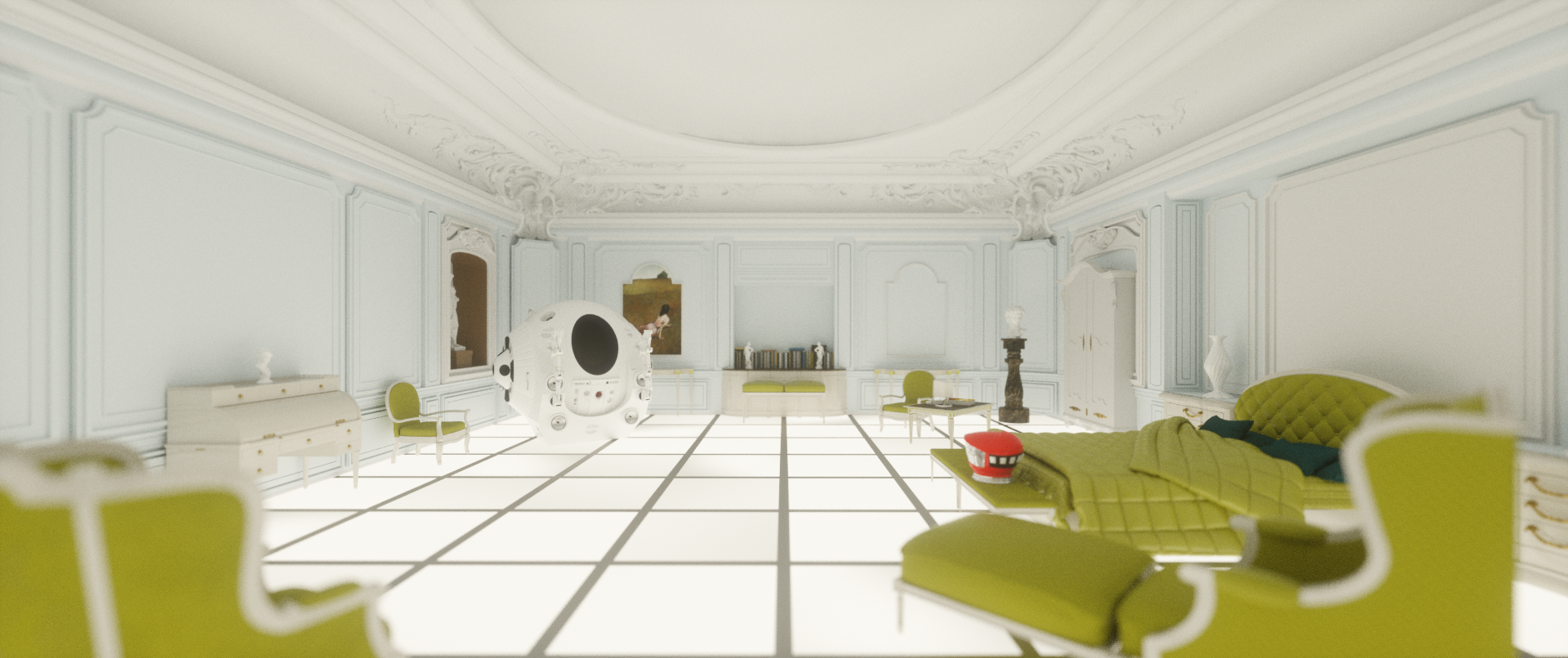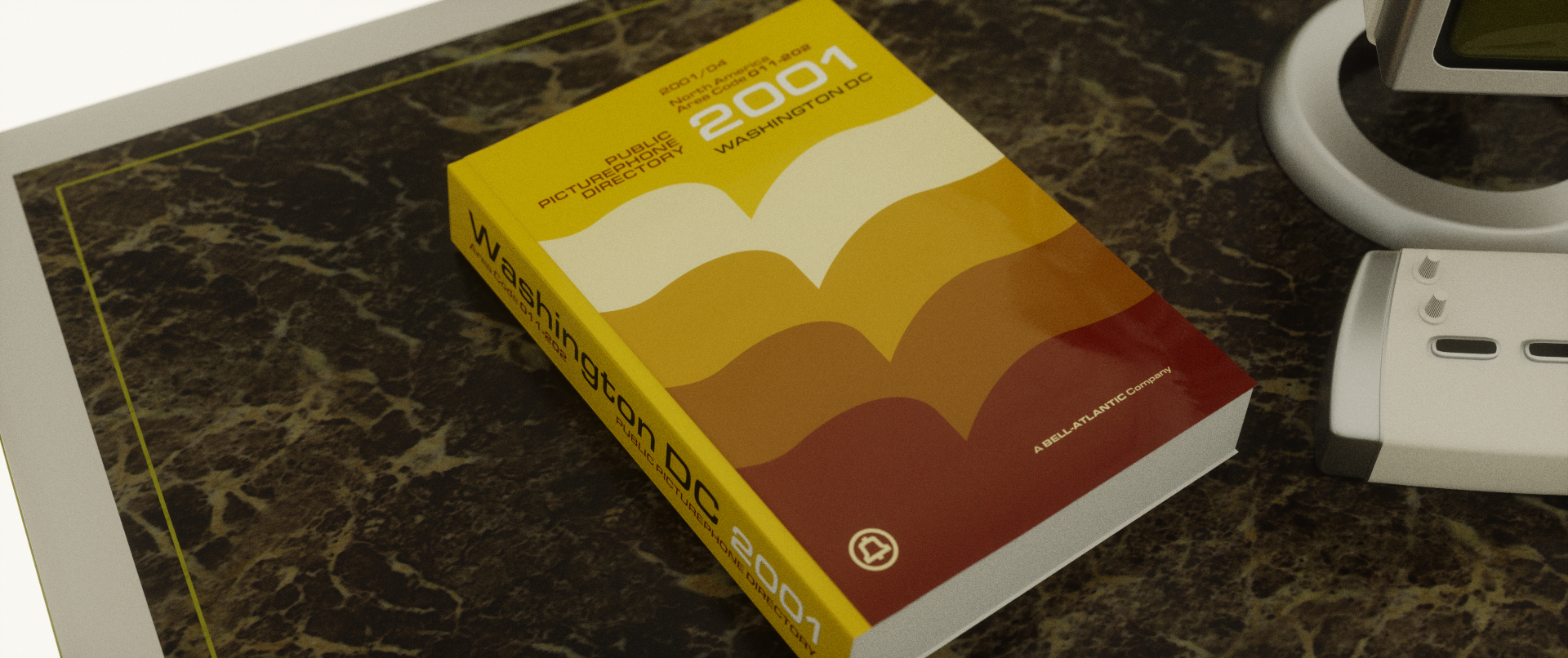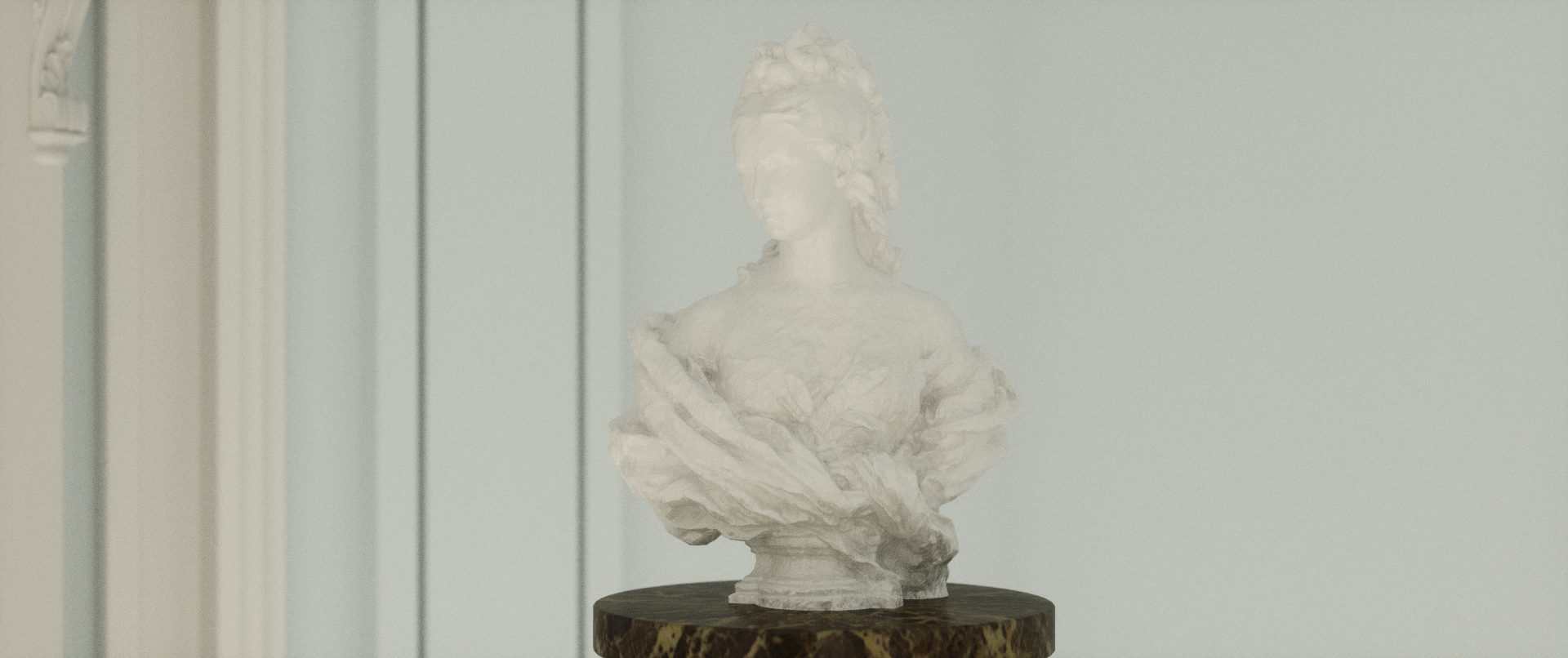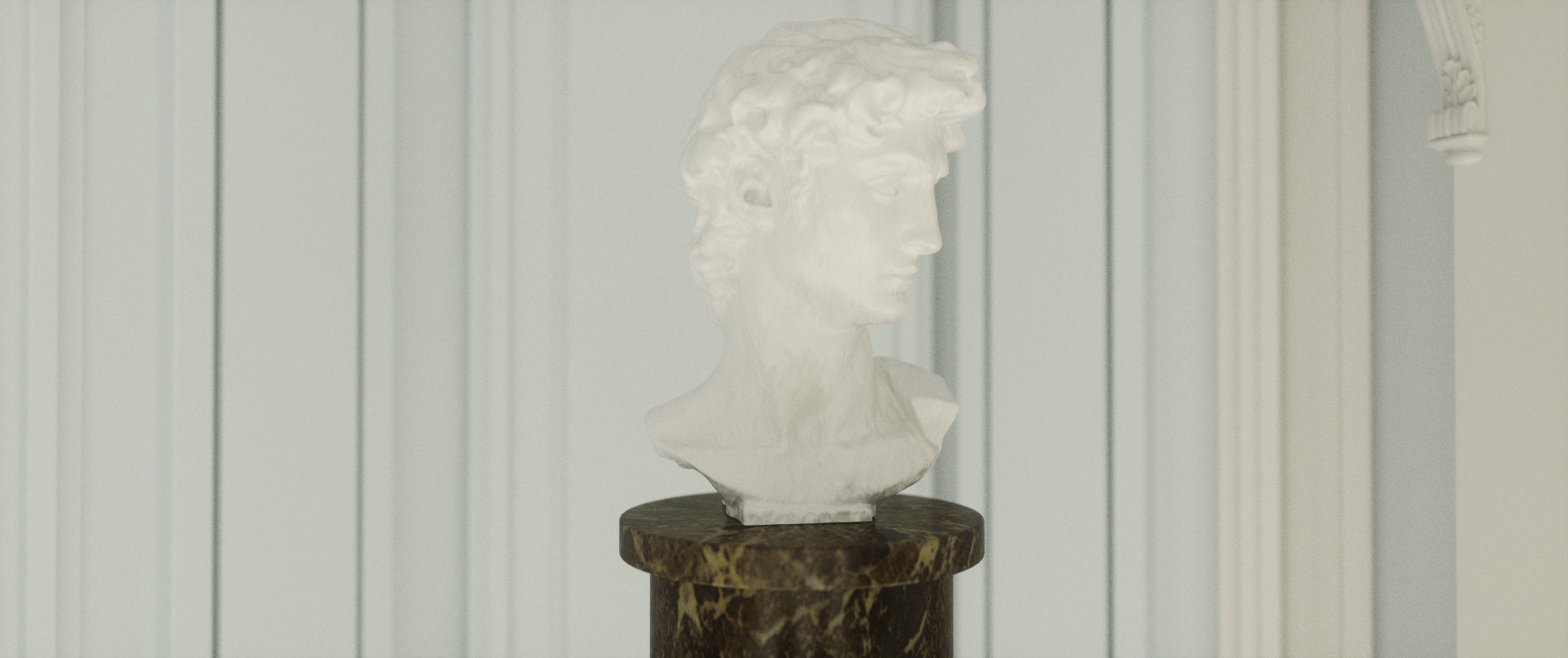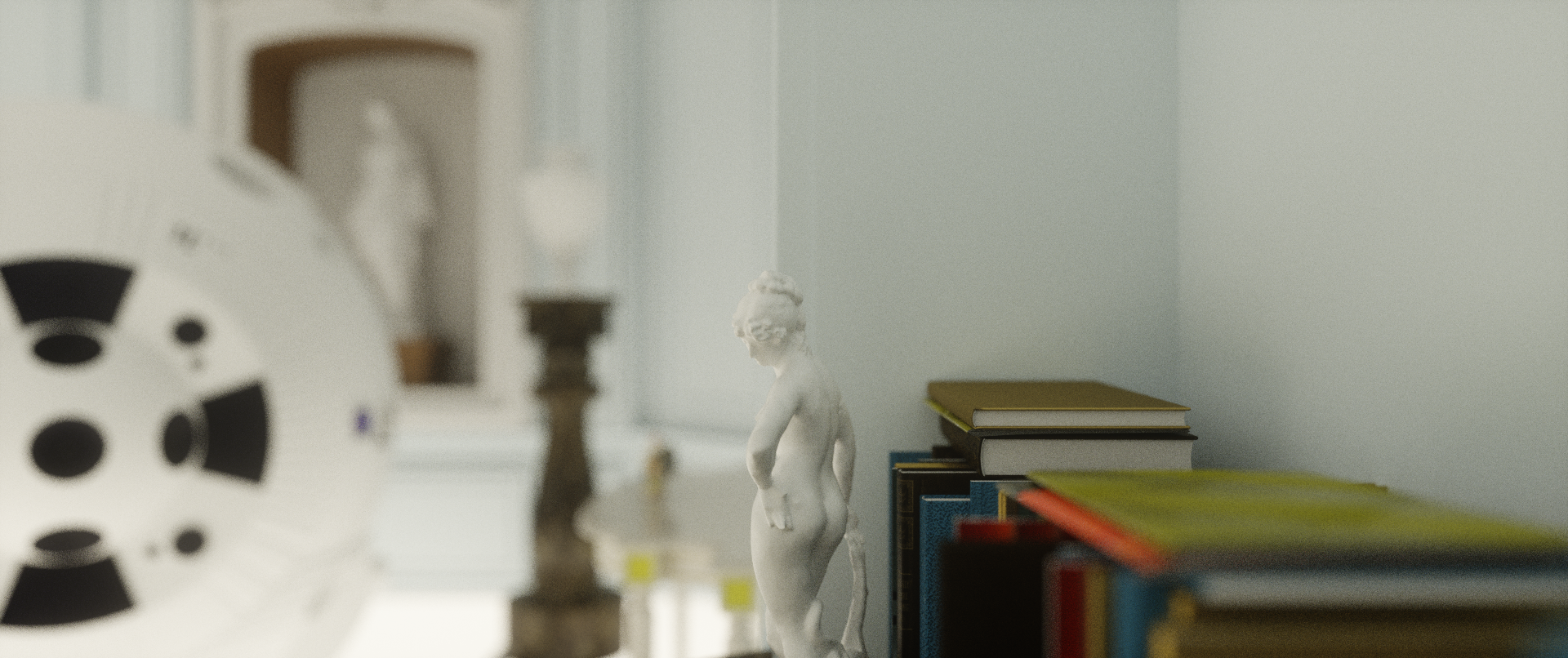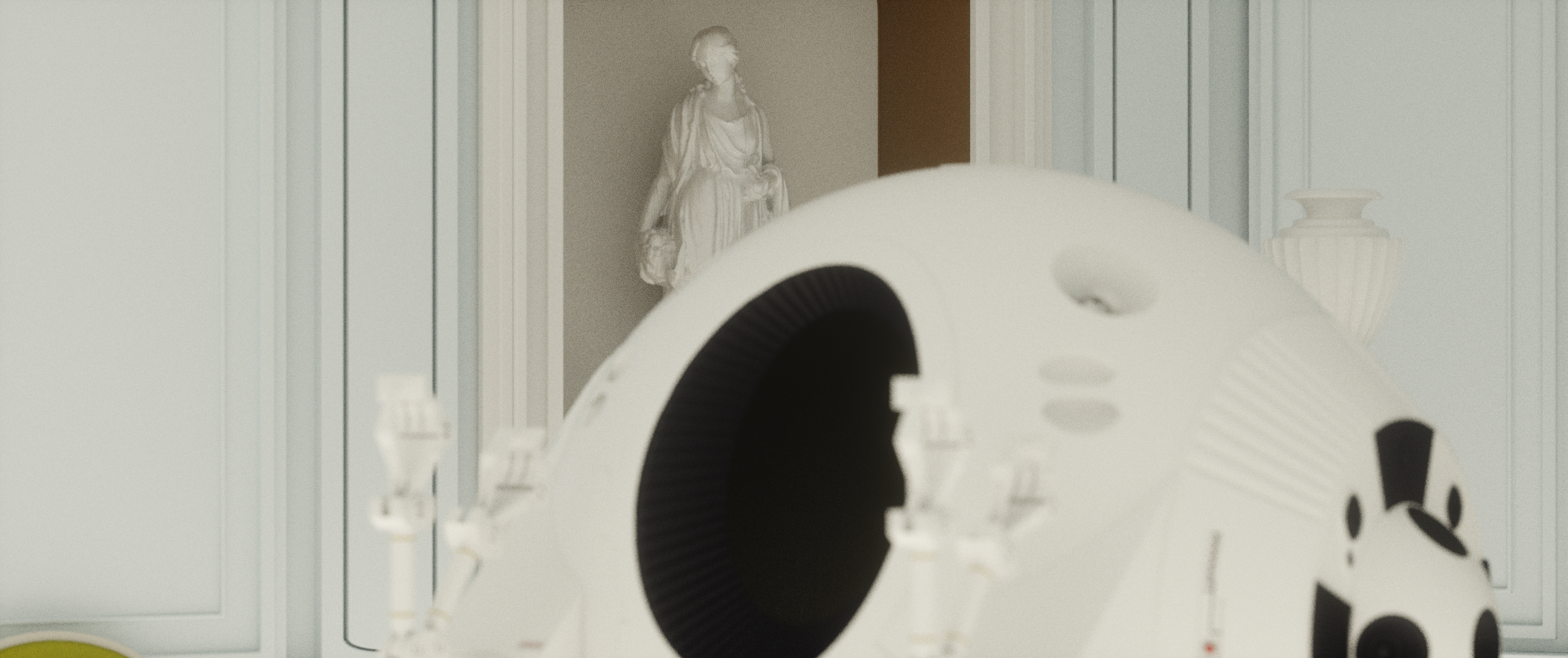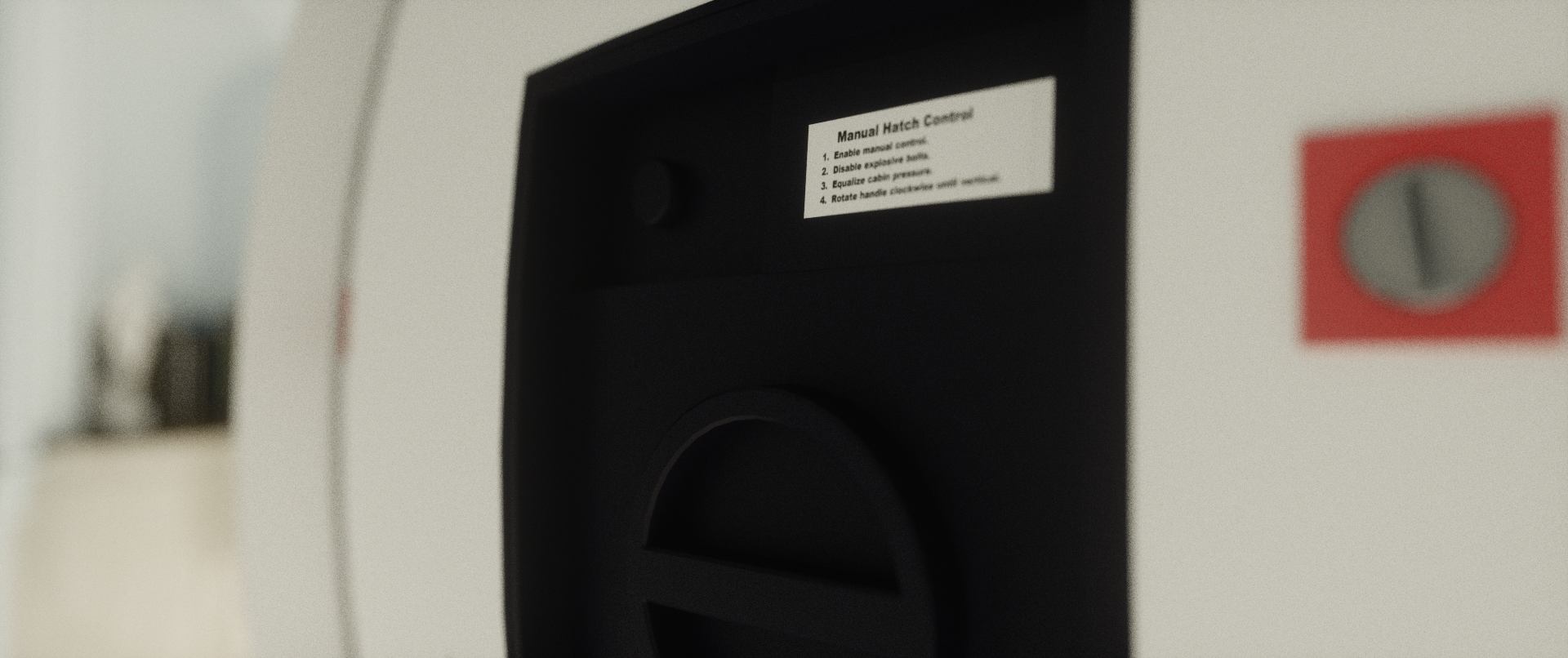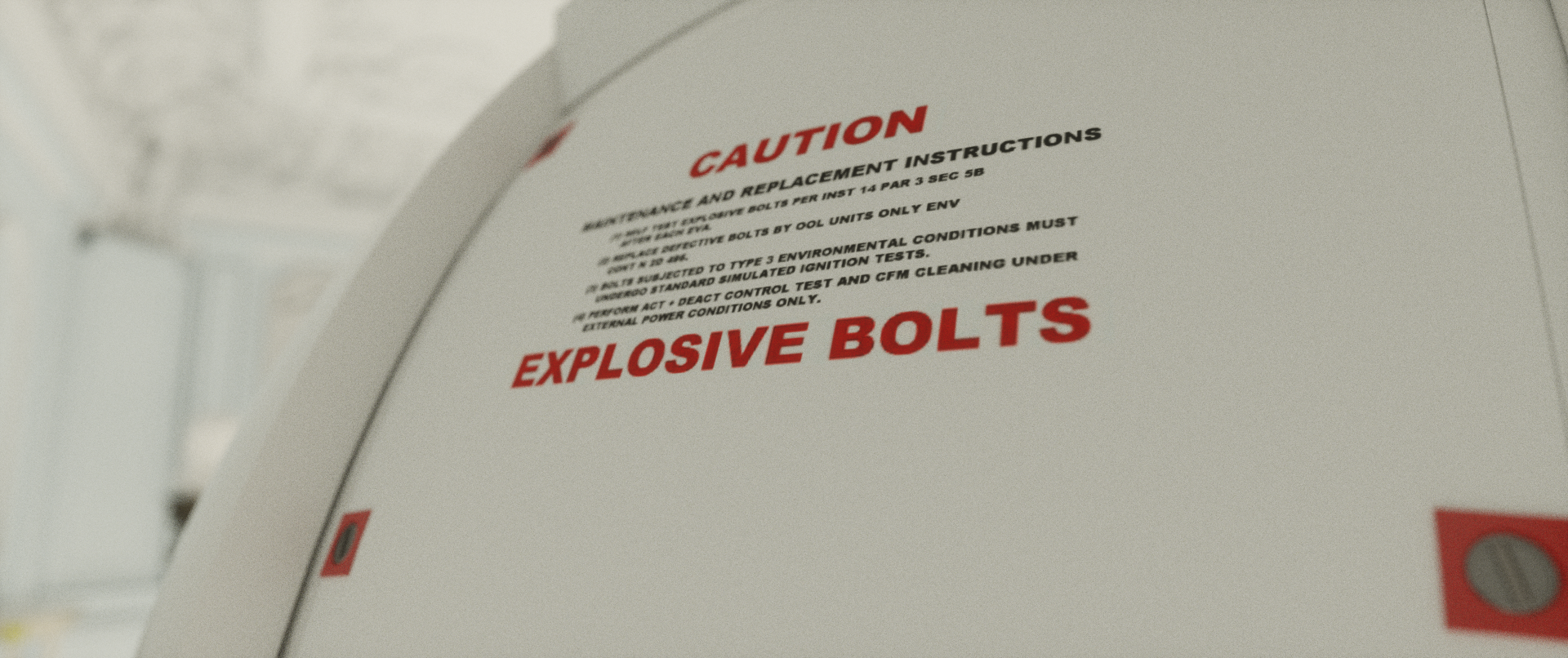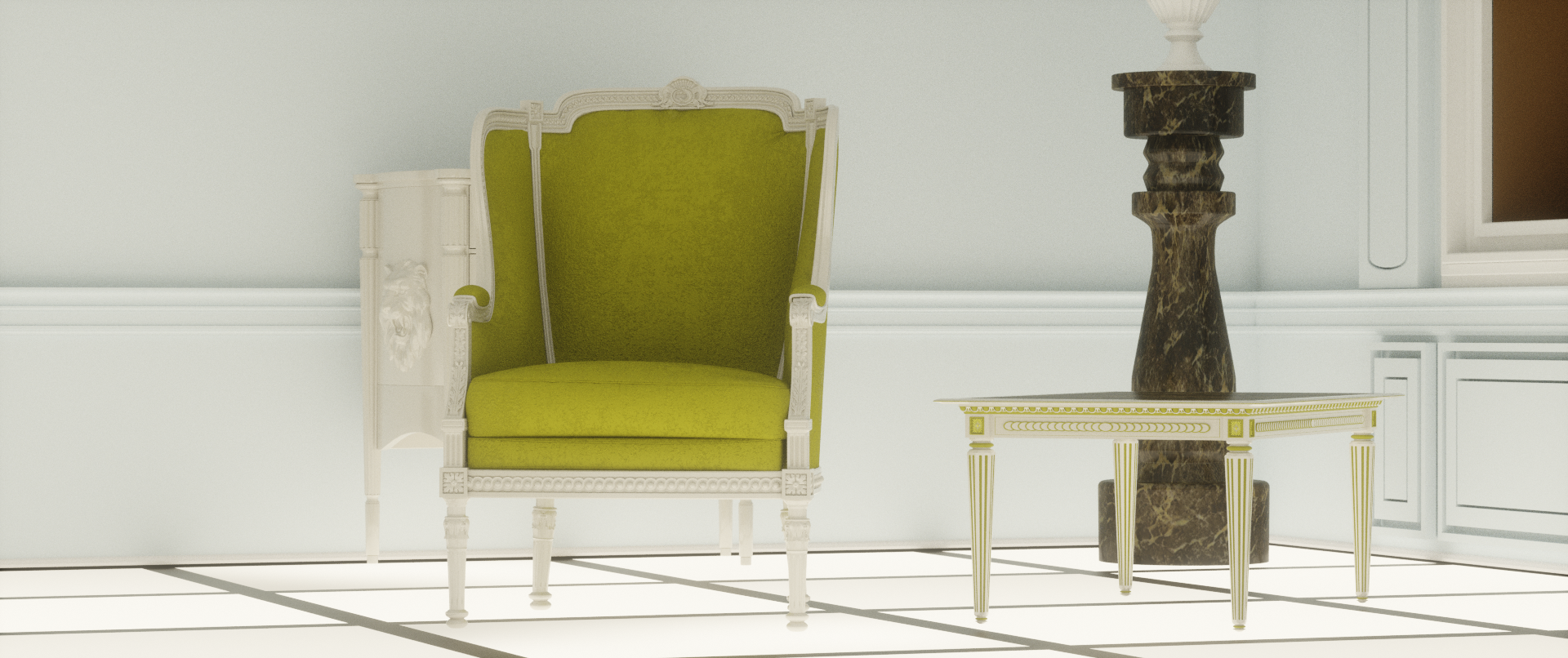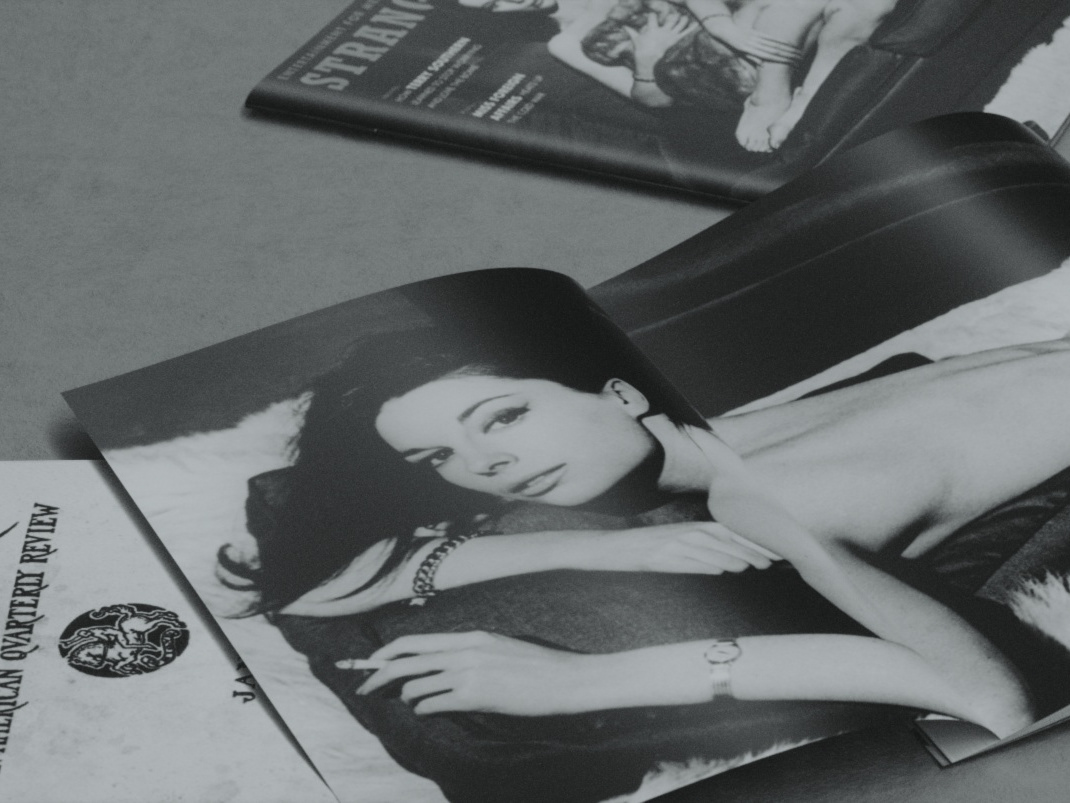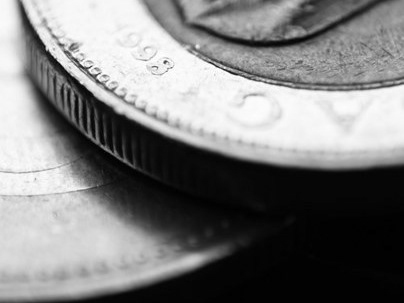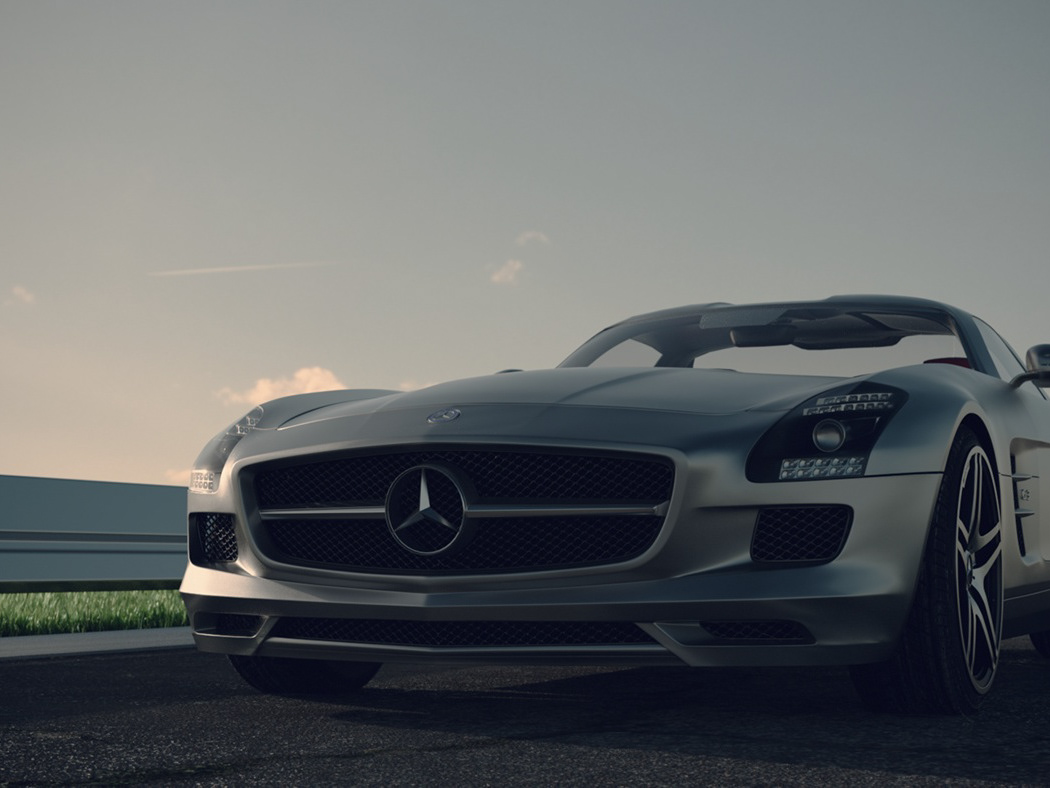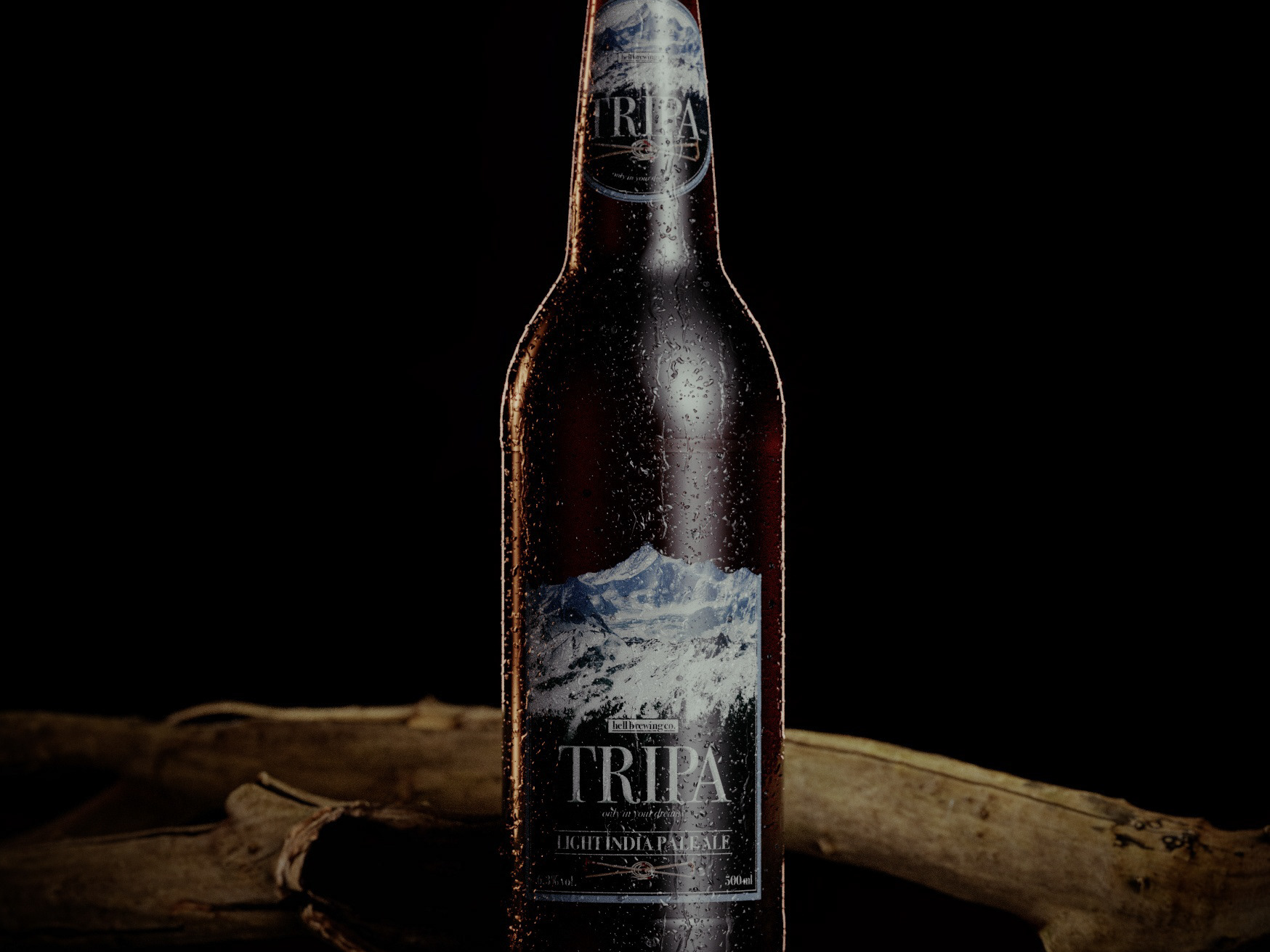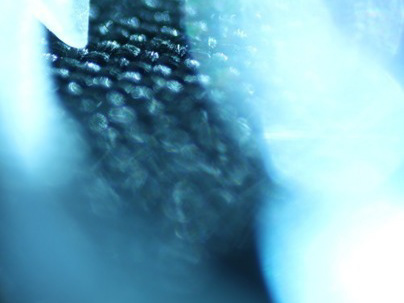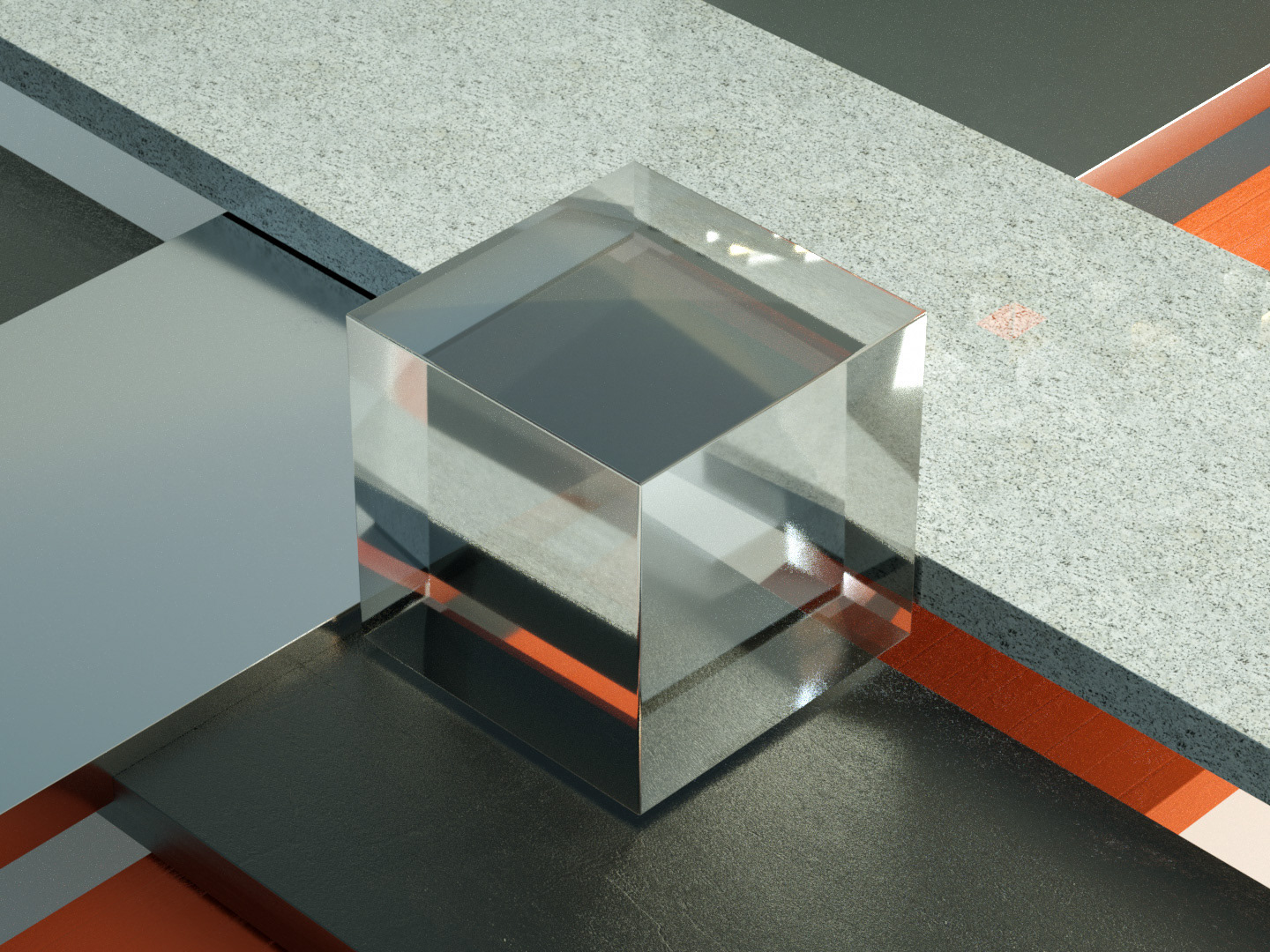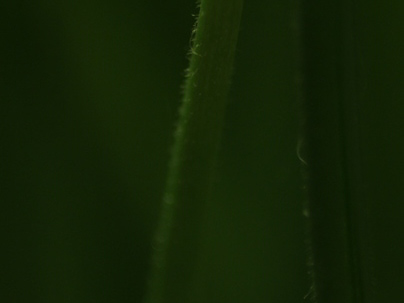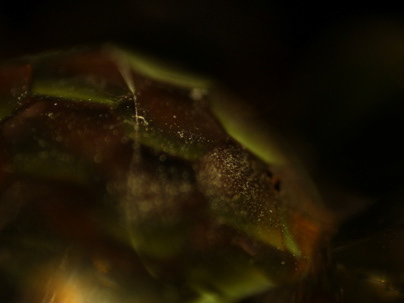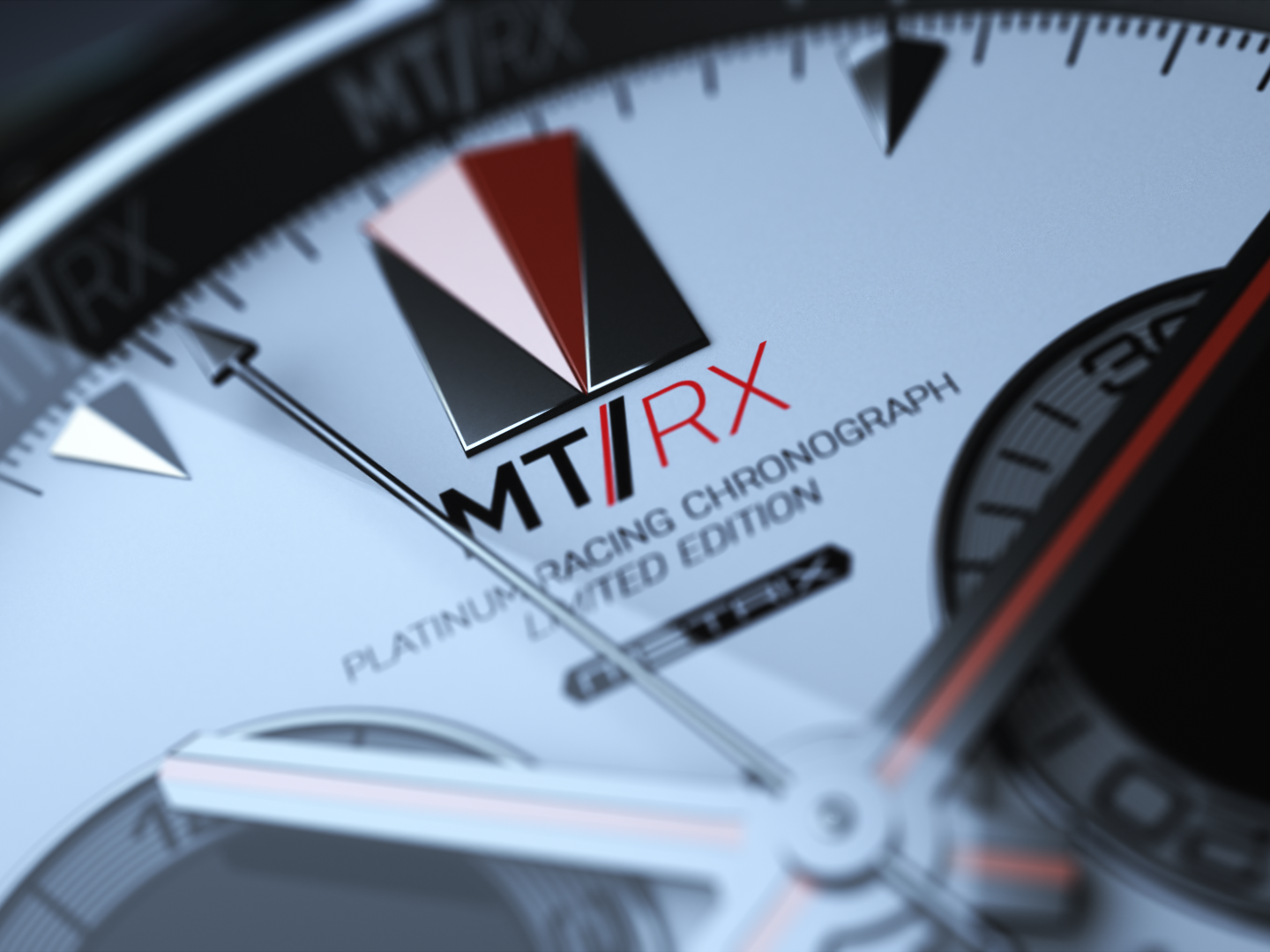"The space pod was resting on the polished floor of an elegant, anonymous hotel suite that might have been in any large city on Earth. [...] Van Gogh's Bridge at Arles was hanging on one wall - Wyeth's Christina's World on another. [...] a conventional Bell System vision-phone, complete with the local directory. [...] in the familiar type he had seen thousands of times, the name: WASHINGTON, D.C. [...] it was all a fake, though a fantastically careful one. And it was clearly not intended to deceive but rather - he hoped - to reassure."
This is an ongoing, multipart personal project in tribute to my most respected movie director, Stanley Kubrick.
The first piece is a mixed interpretation of the book and the movie version of Stanley Kubrick and Arthur C. Clarke's neoclassical hotel suite from 2001: A Space Odyssey.
Some further info regarding the differences from the Wikipedia page of the movie:
The book reveals that these aliens travel the cosmos assisting lesser species to take evolutionary steps. Bowman explores the hotel room methodically, and deduces that it is a kind of zoo created by aliens—fabricated from information derived from television transmissions from Earth intercepted by the TMA-1 monolith—in which he is being studied by the invisible alien entities. He examines some food items provided for him, and notes that they are edible, yet clearly not made of any familiar substance from Earth. Kubrick's film leaves all this unstated.
Physicist Freeman Dyson urged those baffled by the film to read Clarke's novel:
After seeing Space Odyssey, I read Arthur Clarke's book. I found the book gripping and intellectually satisfying, full of the tension and clarity which the movie lacks. All the parts of the movie that are vague and unintelligible, especially the beginning and the end, become clear and convincing in the book. So I recommend to my middle-aged friends who find the movie bewildering that they should read the book; their teenage kids don't need to.
Clarke himself used to recommend reading the book, saying "I always used to tell people, 'Read the book, see the film, and repeat the dose as often as necessary'", although, as his biographer Neil McAleer points out, he was promoting sales of his book at the time. Elsewhere he said, "You will find my interpretation in the novel; it is not necessarily Kubrick's. Nor is his necessarily the 'right' one – whatever that means."
Film critic Penelope Houston noted in 1971 that the novel differs in many key respects from the film, and as such perhaps should not be regarded as the skeleton key to unlock it.
Stanley Kubrick was less inclined to cite the book as a definitive interpretation of the film, but he also frequently refused to discuss any possible deeper meanings during interviews. During an interview with Joseph Gelmis in 1969 Kubrick explained:
It's a totally different kind of experience, of course, and there are a number of differences between the book and the movie. The novel, for example, attempts to explain things much more explicitly than the film does, which is inevitable in a verbal medium. The novel came about after we did a 130-page prose treatment of the film at the very outset. This initial treatment was subsequently changed in the screenplay, and the screenplay in turn was altered during the making of the film. But Arthur took all the existing material, plus an impression of some of the rushes, and wrote the novel. As a result, there's a difference between the novel and the film. ... I think that the divergencies between the two works are interesting. Actually, it was an unprecedented situation for someone to do an essentially original literary work based on glimpses and segments of a film he had not yet seen in its entirety.
---
Made in Cinema 4D, rendered with Octane.
All trademarks belong to their respective owners.
